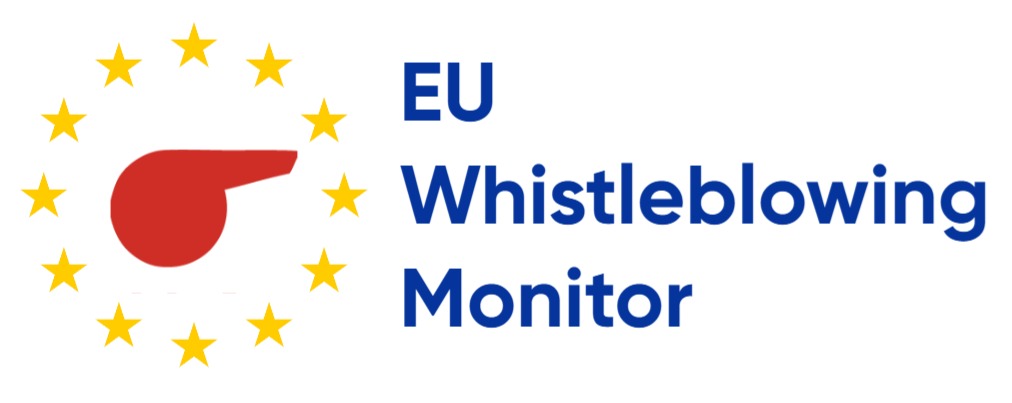Source: ombudsman.hr
The Croatian Ombudswoman’s has revealed significant advancements and ongoing challenges in safeguarding whistleblowers in its 2023 annual report and analysis on human rights situation in Croatia.
The Report included a specific Chapter dedicated to whistleblowing and whistleblower protection, providing detailed analysis of the progress and difficulties in implementing the new updated Whistleblower Protection legislation – introduced to transpose the EU Directive on Whistleblowing.
The report documents 57 newly handled cases in 2023, primarily from public sector employees, with retaliation reported in over a quarter of cases. While many internal reports were determined as non-qualifying under the act, cases involving procurement irregularities and abuse of authority were often referred to the State Attorney’s Office.
Key findings of the Report include that the Ombudswoman received 57 new external cases in 2023, mostly from the public sector, with 38 internal reporting notifications from anonymous reports. While 24% of cases did involve complaints of retaliation, most whistleblower claims were dismissed for not meeting the legal criteria under the Whistleblower Protection Act.
Throughout the year, the Ombudswoman’s office increased its educational outreach, holding over 200 training sessions for compliance officers and judicial staff to ensure better awareness of whistleblower protections.
Nonetheless, procedural inconsistencies persist, often leading to delayed responses or improper handling, as some reports that should have gone directly to judicial authorities or higher internal review were mistakenly dismissed as labour disputes.
The report also emphasizes initiatives in progress, including a digital platform for anonymous reporting via e-Citizens, which is expected to improve accessibility and confidentiality for whistleblowers across sectors. A national campaign, intended to increase public understanding of the Whistleblower Protection Act and reduce reporting stigma, was delayed but remains a priority. Additionally, the Ombudswoman advocated for clearer judicial tagging for whistleblower cases, enabling more systematic tracking of these matters.
Public disclosures by whistleblowers saw an increase in 2023, particularly around cases involving public procurement and authority misuse, which led to criminal investigations. Yet, judicial inconsistencies and prolonged court proceedings remain challenges, affecting case outcomes and enforcement. To support more consistent application of the law, the Ombudswoman’s office also advised amendments to the Internal Controls Act and encouraged the Ministry of Finance to better align internal reporting roles.
